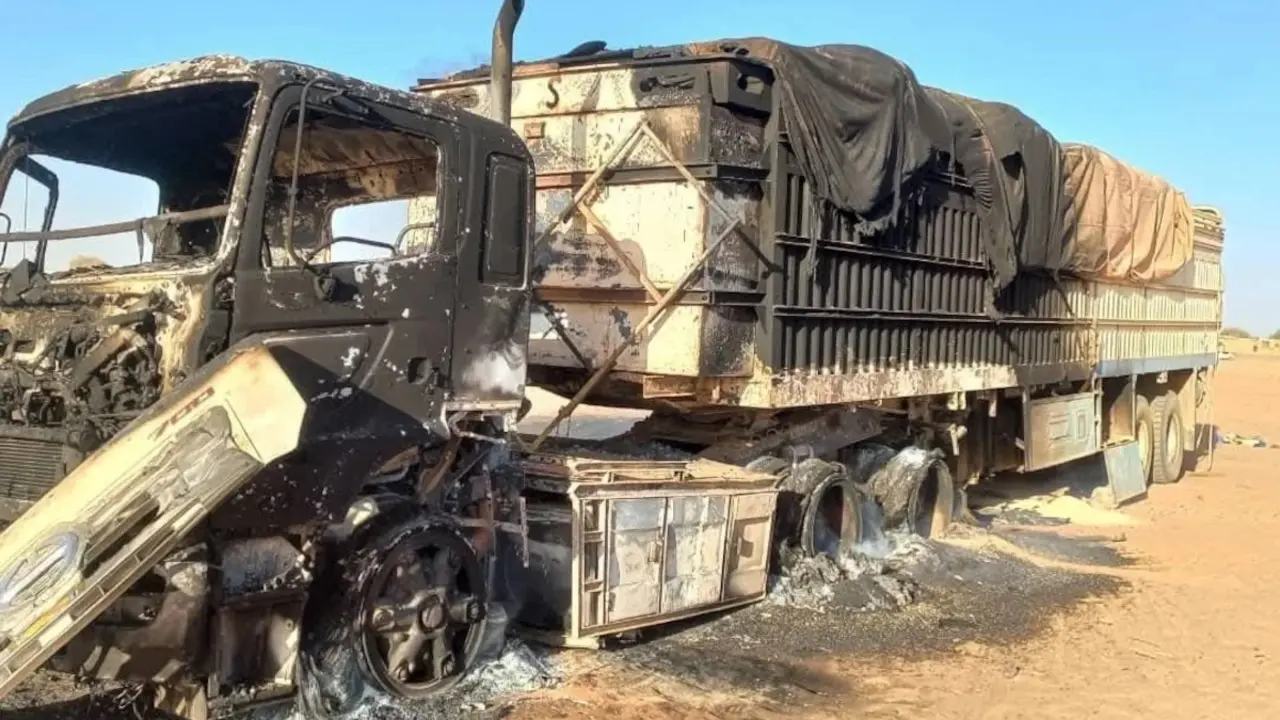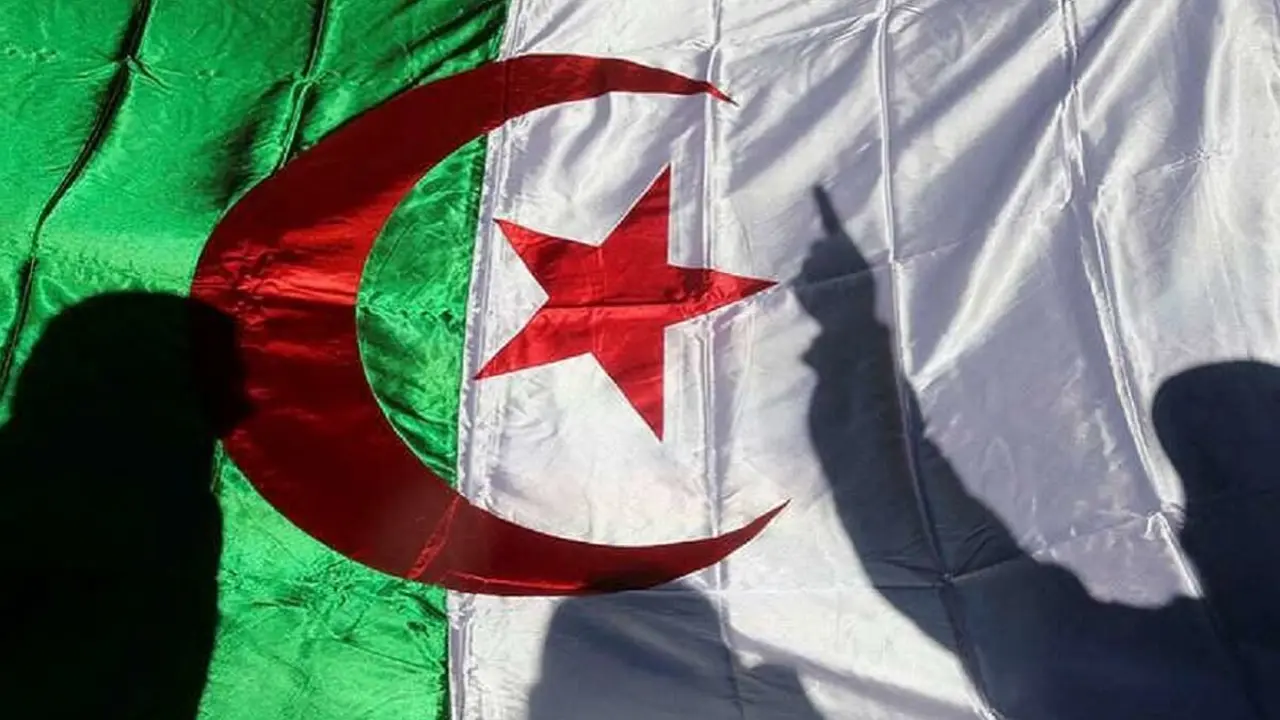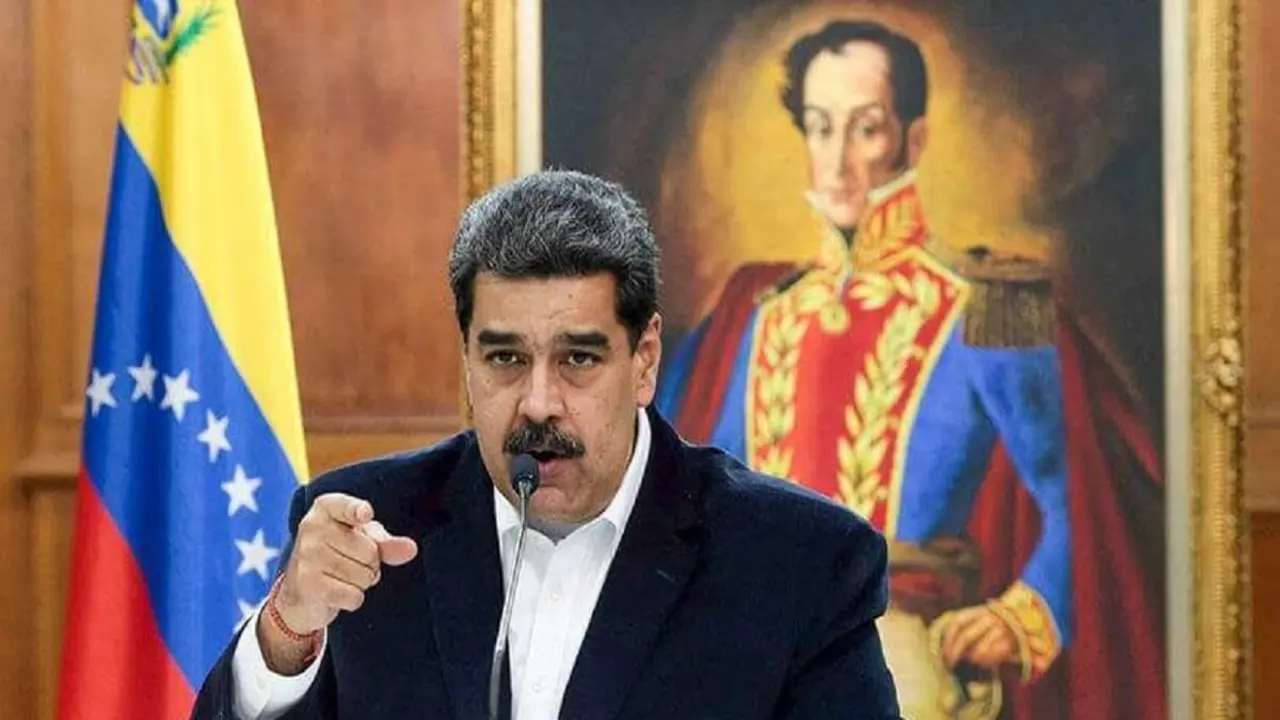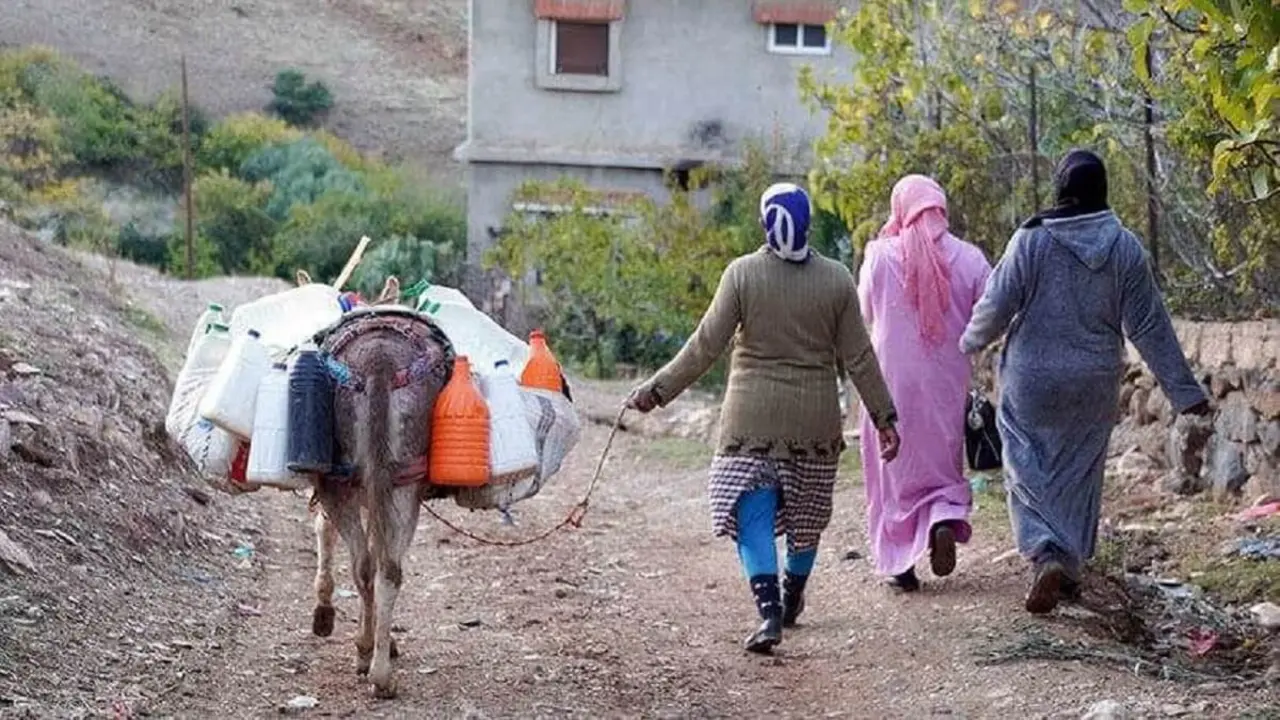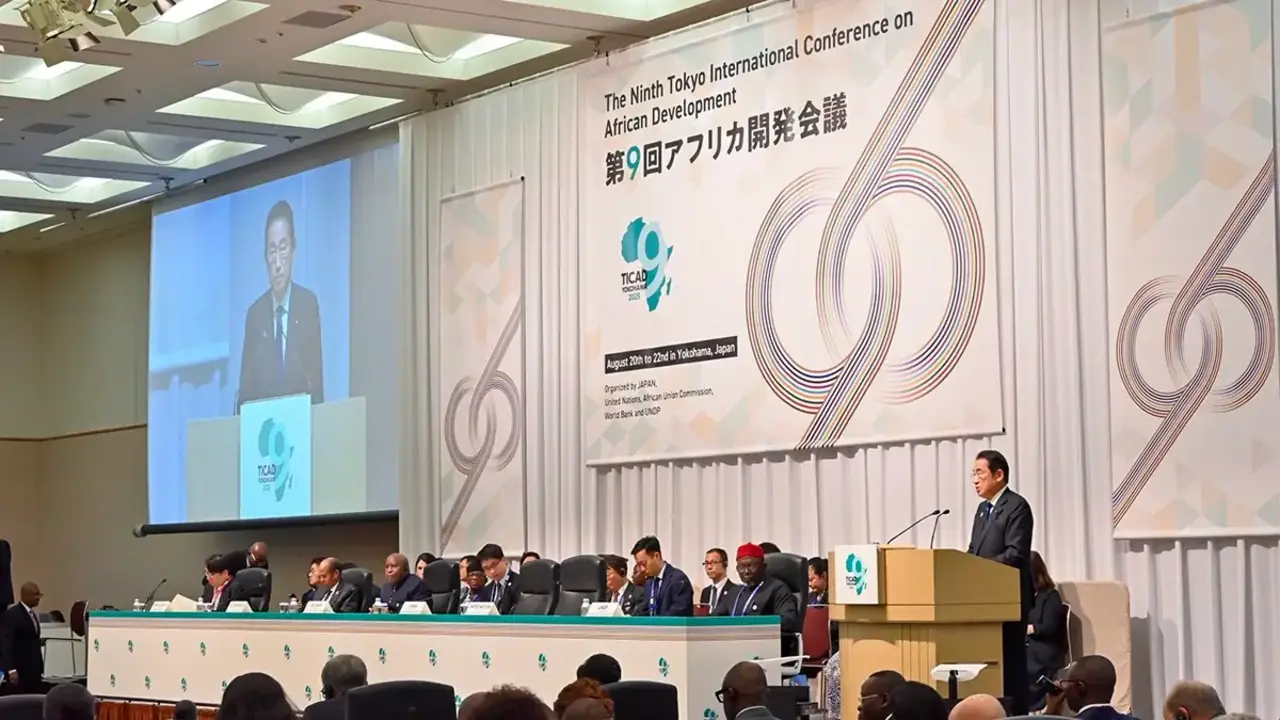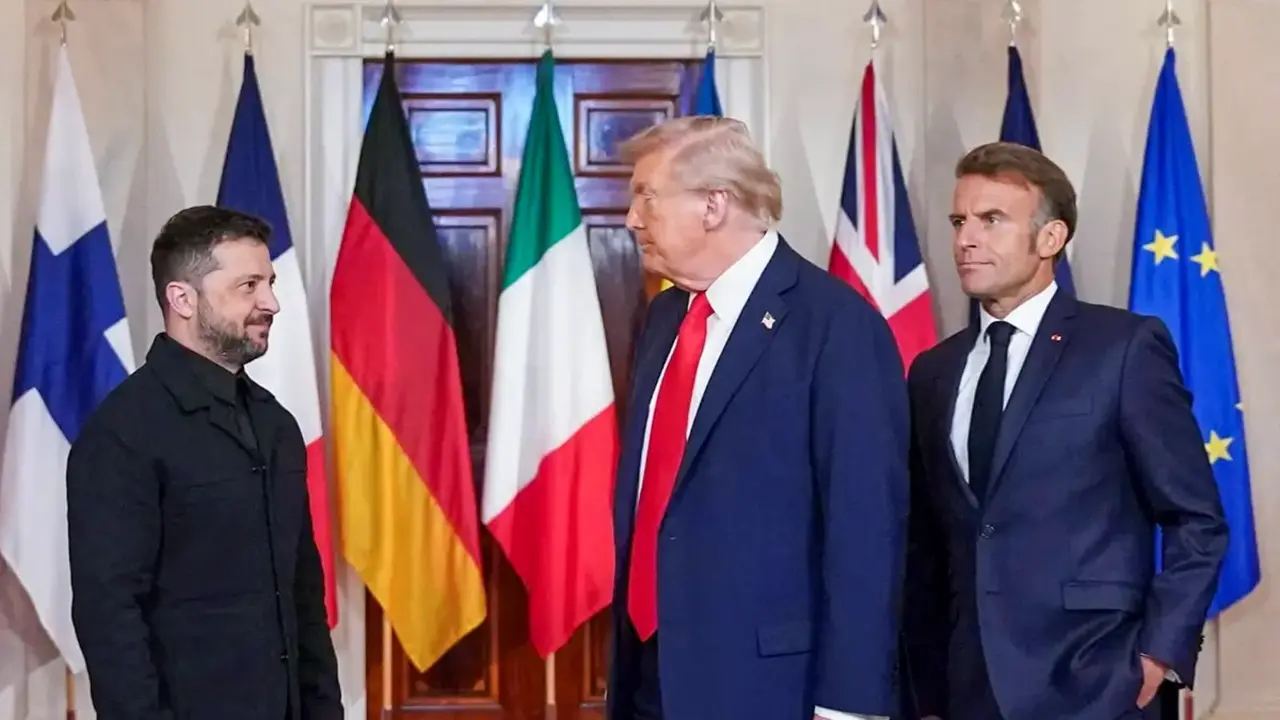La campaña electoral en Marruecos: sin mítines y con barreras digitales
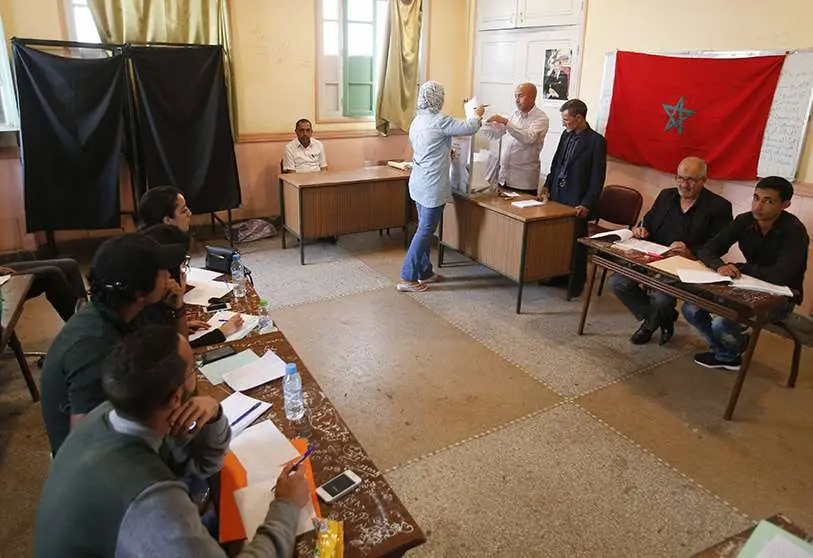
For the first time in Morocco's history, the Alawite kingdom will hold legislative, municipal and regional elections together on 8 September. This decision is taken to mobilise an electorate that has remained at a low level, according to data from the last general elections.
In this regard, in the 2016 elections, the turnout was 42.29%, three points lower than in the previous elections. In the current context, the COVID-19 pandemic and the restrictions adopted to prevent its spread are factors that may directly affect the Moroccan population's turnout at the polls. The decision to hold the three elections on the same day is therefore intended to mobilise the Moroccan population and ensure the highest possible turnout.
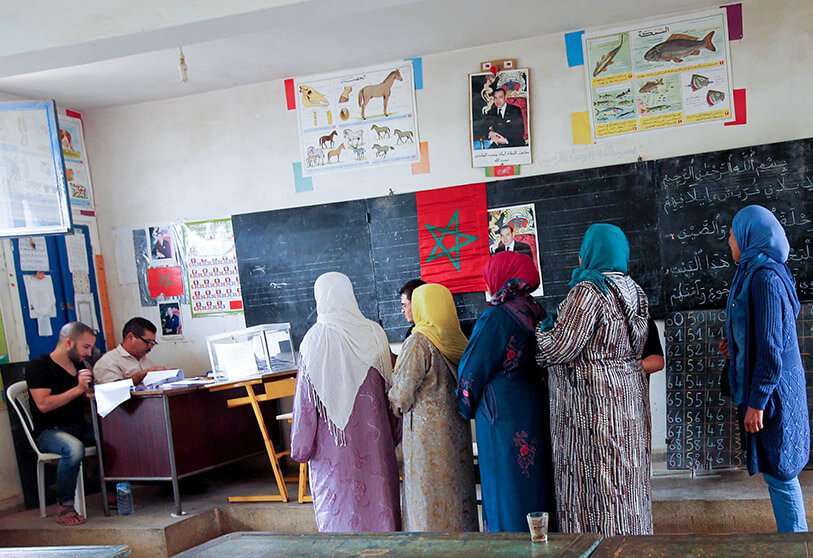
Thus, Morocco enters its twelfth election day, a day on which there will be no mass rallies, as the government has limited all gatherings to a maximum of 25 people. Thus, the campaign will take on a virtual character never before experienced in the country and surprisingly devoid of propaganda. However, among the drawbacks, the online nature of the campaign presents serious difficulties and barriers for a significant percentage of the Moroccan population, as the over-50s in Morocco are not familiar with the dialectics of the internet. Moreover, there is a digital divide between urban and rural areas, which makes it difficult for the population to access electoral programmes.

Due to restrictions on meetings, parties were forced to actively use social networks as platforms to disseminate their election campaigns. In this line, all parties have scheduled virtual rallies, new forms of meetings that pose a problem for the most sceptical due to their difficult accessibility.
Moreover, some analysts point out that these new forms of political campaigning could seriously harm political formations such as the Justice and Development Party, which would benefit from the traditional formula of street mobilisation. In this sense, it is surprising that there are no posters or political propaganda on the streets of Morocco aimed at mobilising citizens to vote, since, in order to limit the spread of the virus, Morocco has decided to restrict the distribution of paper electoral propaganda.
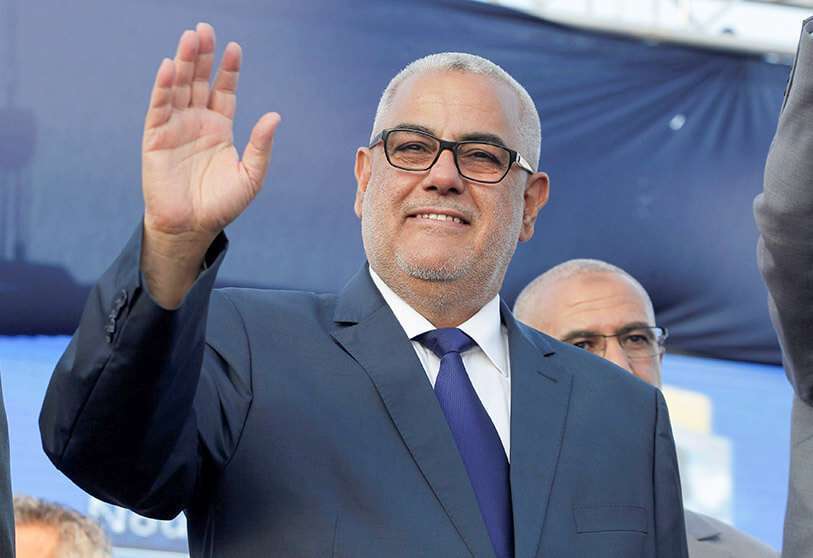
Despite the difficulties, the figures are encouraging. Almost 18 million Moroccans, 900,000 more than in the last elections, are registered to vote. Of this total number, 46% are women. In this sense, Moroccan women have been at the forefront of a social movement that aims to increase the quota of women in representative bodies in order to have greater visibility and influence in the country's political life. In an interview with EFE, the Moroccan Minister of Solidarity, Women and Family and Social Development, Nouzha Skalli, said that "we have normal ambitions that reflect the same commitments expressed in the Constitution, that is, the state's duty to impose parity. We are not satisfied with not achieving parity.
On the other hand, the two political formations that are the main rivals are the Islamist Party of Justice and Development (PJD), the main force in Parliament that managed to win in the 2011 and 2016 elections, and the National Rally of Independents (RNI), led by the businessman and Minister of Agriculture, Aziz Akhannouch. The latter is expected to make a representative advance over the last elections and to be the main competitor to the Islamist formation.
The PJD currently controls at least a hundred municipalities across the country. With the support of the Moroccan middle class, it won 125 seats in the last elections, far short of a parliamentary majority, forcing it to form a coalition government with its main rival, the RNI (National Rally of Independents).
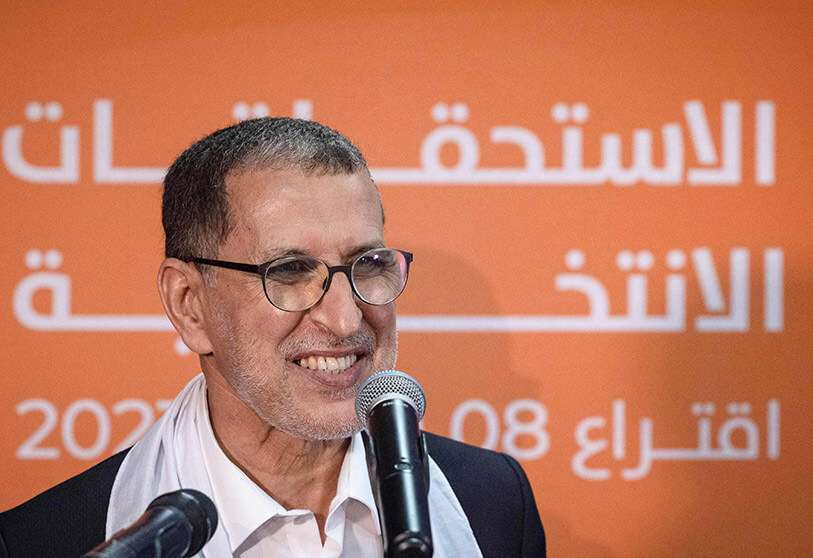
In his programme, Akhannouch states that the current health crisis "has exposed the flaws in our economic and social model, especially the importance of the black economy and the absence of social security systems". In response to these challenges, the leader announced five major economic and social electoral promises, including the generalisation of social protection, the improvement of the health and education system, job creation and the reform of public administration.
For its part, the current most voted party outlined in its programme the "achievements" it had made during its years in government after implementing more social justice reforms in different parts of the country.
Once the elections are held, the new electoral law will play a decisive role in the outcome. Adopted this year at the request of Interior Minister Abdelouafi Laftit, the new law introduces a new seat quotient that makes it difficult for a party to win more than one MP per constituency. It also abolishes the 3 per cent threshold for representation, which should lead to a more fragmented parliament. Despite this, it is expected that there will be no absolute majority as such, which will prevent a deadlock in parliament, as was the case in 2016.
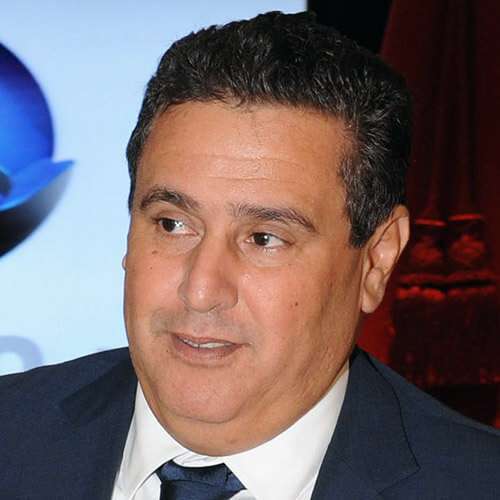
Against this backdrop, Morocco faces the triple choice in a political climate in which the kingdom's foreign policy has experienced frenetic political activity in recent months. From the US recognition of Moroccan sovereignty over the Sahara to the re-establishment of relations with Israel, Morocco has been in a race to become diplomatically relevant. Moreover, it has re-established diplomatic relations with Spain in an exercise that the Moroccan king, Mohammed VI, has described as a 'return to cordiality'. For his part, the monarch stressed that "our relations with Spain have recently undergone an unprecedented crisis that has shaken mutual trust and raised many questions about their fate. However, we have worked with the Spanish side in an atmosphere of total calm, transparency and responsibility".
Finally, just a week ago, we learned of the unilateral severance of diplomatic relations by Algeria, which accuses Rabat of "incitement and violation of the treaty of good neighbourliness". This has geopolitical and economic consequences, as Algeria will not renew the GME pipeline through Morocco in October, which also affects Spain, as Algeria will only supply gas through the Medgaz pipeline, an underwater pipeline between Algeria and Spain.


